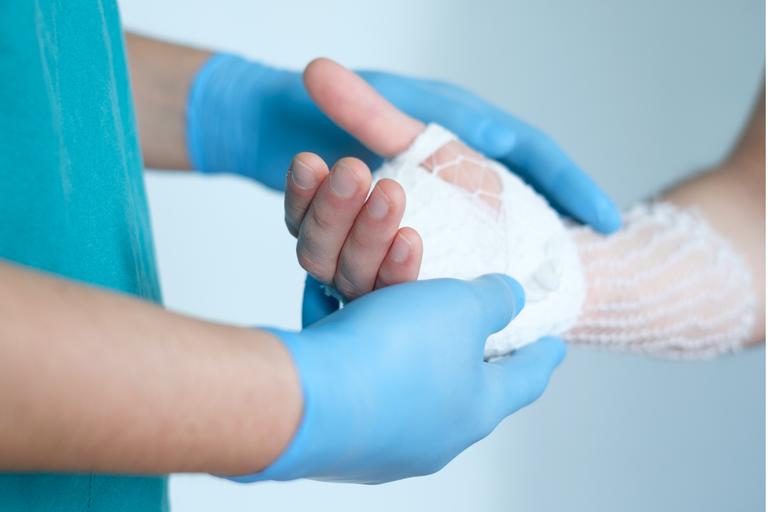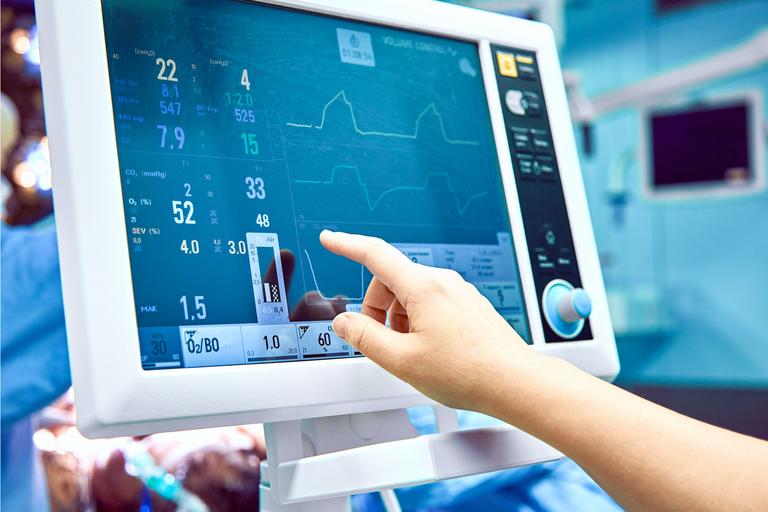Our customers have been hired at: *Foot Note
Applying for a job is a three-step process: Applicants must outline their experience in a resume, understand how to write a cover letter, and pass an interview. Spending as much time preparing for an interview as crafting a resume and cover letter is essential; a job interview is usually the final step and one that is quite important. It is an opportunity for you to market yourself in person rather than through paper and a chance to showcase the strengths and skills that you can bring to a company.
6 Biomedical Technician Interview Questions & Answers
In this position you'll often be expected to repair sophisticated medical equipment under time pressure. How are you at managing your time while working?
I understand that sometimes equipment breaks unexpectedly and has to be repaired as soon as possible. In my previous position there was a situation when a life-support machine broke down just when it was needed for a patient. My best problem-solving capabilities were called forth in that moment because I had to fix the machine as soon as possible. I am proud that I remained cool under pressure and repaired the machine without wasting time.
We frequently bring in new equipment to replace older models. Did you ever encounter an instance where you had to learn about a new piece of machinery that you had never encountered before?
Yes, this was a common part of my previous job. I always thoroughly study the technical manuals of all the hospital’s equipment so I can learn something new about its makeup and be better prepared during an emergency. I strive to be as efficient as possible when working, and that involves staying on top of any new equipment additions. Sometimes, I offered suggestions to my superior about the equipment I felt was most in need of updates or replacement.
Ensuring that patients receive the best care possible is our first priority. Usually patients are fine with technicians working beside them as long as the technicians understand that the patients need their rest, but incidents sometimes happen. Can you describe a situation when you encountered a dissatisfied patient? How did you handle it?
There was an instance when I was working quietly to repair a patient monitor while the patient was lying in bed nearby. Although I did my best to be polite, he nonetheless became aggravated that I was there at all and loudly complained that I should leave. I felt the best approach was to calmly explain why it was necessary that I fix his monitor and to emphasize that it was needed to keep track of his health. He was still angry, so I left and worked on other repairs and came back after the patient left for a physical therapy session. The repair did not need to be completed right away, and I still finished all my work that day.
Is there one type of equipment that you feel you are the most efficient at repairing?
While getting my associate’s, I particularly enjoyed learning about MRA machines, and I had the opportunity to repair many of them at my previous position. I have more expertise with MRA machines than any other piece of equipment.
Sometimes staff members benefit from learning about the makeup of a piece of medical equipment. Are you comfortable explaining how a machine works to other employees?
I can help doctors, nurses and other co-workers familiarize themselves with the equipment that they’ll be using every day so that they can better assist their patients. By telling them what they need to know, they can better understand what can go wrong. I’m generally friendly and collaborate easily with others.
Breakdowns can happen at any time, even after your scheduled shift. Are you available to work on call after hours and on weekends?
I strive to be as efficient as possible every day and hope to complete all necessary repairs when I’m on the clock. During an emergency, however, I will try to adjust my schedule so that I am able to come in.
Our customers have been hired at:*Foot Note










